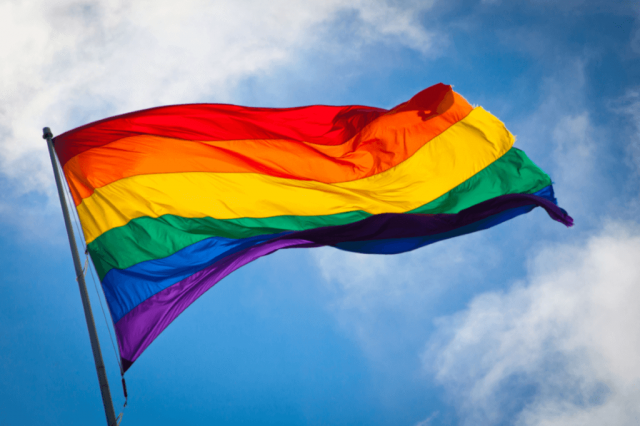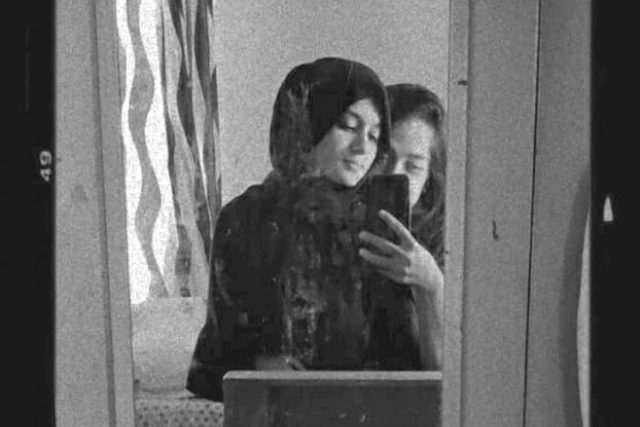When Fathima Noora was forcibly separated from her partner, Adhila Nassrin, and detained by her family, the law came to their rescue. The young lesbian couple’s demands were granted on May 31st by the Kerala High Court. A division of benches led by K Vinod Chandran and C Jayachandran ruled in favor of Ms. Nassrin’s habeas corpus plea.
A romantic story that began in their plus-two years in Saudi Arabia, the couple hid their relationship for years. It was only last month that they plucked the courage to come out to their families. It was then that they had to face the prejudice and hostility that plague orthodox families in India.
Since May 19th, the couple stayed under the hospices of Vanaja Collective, a shelter for LGBTQ people and other marginalized communities in Kozhikode. But within a few days, on May 24th, Ms. Noora’s family appeared and took her away by force.
Then Ms. Nassrin filed a police complaint and a habeas corpus plea in court. The court ruled in her favor within minutes, according to some reports.

Yet their troubles do not end there, as their families still pose a threat to their well-being. Both Nassrin and Noora have admitted that while the court order made them “ecstatic”, they still have a rough road ahead to be “completely free”.

The wrath of their families was not yet over despite the court order directing their relatives not to obstruct their peaceful lifestyle. Ms. Nassrin claimed Ms. Noora’s parents began “emotional blackmailing” even after the issue of the court verdict.
Read More: The Real Reason Why L in LGBTQ+ Comes First
Following the legal proceedings, Ms. Nassrin said that the process was “tough” and that they were emotionally drained according to The Quint.
Coming out was a difficult ordeal for the couple. All those bottled-up years hiding their relationship have left a lasting impact. Noora said, “We felt suffocated all these years at our homes. All that pressure!”
A significant legal achievement for the Indian LGBTQ community was the landmark repeal of article 377 in 2018. But four years on, it is still a long way to change deeply embedded cultural attitudes in India. Cases like Nassrin and Noora’s emerge often, many not reaching the public eye.
On being asked what gave them the confidence to finally come out, Noora said, “our relationship, nothing else. The love and good feeling that we felt in each other’s company are what inspired us the most.”
Disclaimer: This article is fact-checked
Sources: BBC News, Hindustan Times, Onmanorama
Image sources: Google Images
Feature Image designed by Saudamini Seth
Find The Blogger: shoomedha
This post is tagged under: india lgbtq, gay rights, Indian lesbian couple, Kerala High Court, article 377, same-sex, kerala lesbian couple, lgbt, orthodox family, habeas corpus, #HumanRights, indian law system, Lesbian Pride, bringing the rainbow, rainbow, happy pride month, lgbtq pride, queer pride, Discrimination Against Queer Community, rainbow, Indian Queer women celebrating, queer activism, queer community, queer controversy, queerphobia, queer rights, Lesbian Pride, lgbtq pride, June pride month, Gay and Lesbian Pride Month
We do not hold any right over any of the images used, these have been taken from Google. In case of credits or removal, the owner may kindly mail us.





























